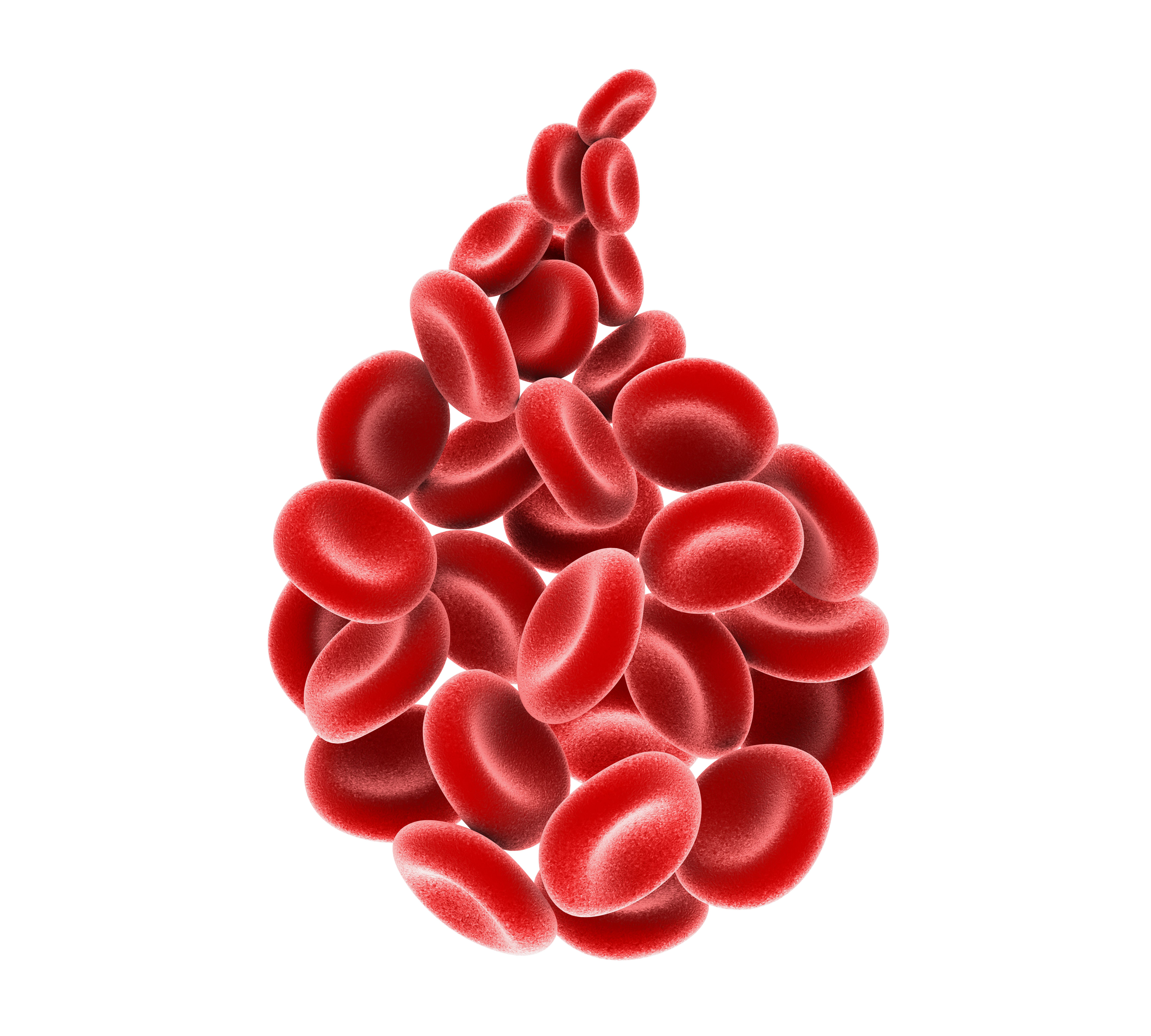Study Underway to Evaluate Ixazomib/Rituximab in R/R MCL
A study at MD Anderson Cancer Center aims to evaluate ixazomib and rituximab in patients with relapsed or refractory mantle cell lymphoma.

A phase 2 study of ixazomib (Ninlaro) and rituximab (Rituxan) in patients with relapsed or refractory (R/R) mantle cell lymphoma (MCL) is currently recruiting patients.1
The interventional, open-label study (NCT04047797) has an estimated enrollment of 24 participants and an estimated completion date of June 2023. The primary end point is the complete remission rate of Bruton’s tyrosine kinase (BTK) inhibitor refractory mantle cell lymphoma (MCL) at 16 weeks. Secondary end points include overall response rate, progression-free survival, overall survival, and the incidence of adverse events up to 56 weeks. Other end points measured include biomarkers of response to treatment and mechanisms of resistance.
During the study, patients received ixazomib by mouth on days 1, 8, and 15 of each 28-day cycle until disease progression of unacceptable toxicity. Rituximab was given intravenously over a 4 to 8-hour period on days 1, 8, 15, and 22, of cycle 1. Starting at cycle 3, patients received rituximab on day 1 of each cycle up until cycle 12 or unacceptable toxicity or disease progression. Patients may continue on ixazomib indefinitely in the absence of unacceptable toxicity or progression.
In order to participate, patients must have histologically confirmed mantle cell lymphoma, measurable disease, be R/R to at least 2 lines of therapy, an ECOG score of 0, 1, or 2, and have an absolute neutrophil count of ≥ 1000 mm3 and a platelet count of ≥ 50,000 mm3. Patients who are lactating, have had major surgery within 14 days of enrollment, central nervous system involvement, an allergy to the study medications, or are participating in other clinical trials are not eligible to participate.
This combination has been previously evaluated in a study of MCL patients following immunochemotherapy and autologous stem cell transplant (ASCT). The phase 1/2 study (NCT02632396) enrolled 12 patients who were between 70 and 180 days post-ASCT. While initially designed to evaluate ixazomib monotherapy, study protocol was amended to include rituximab. The study found that the combination was associated with myelosuppression post-ASCT. A lack of early progression was also seen as encouraging.2
The current phase 2 study is recruiting patients at the University of Texas MD Anderson Cancer Center.
REFERENCES:
1.Ixazomib and rituximab in treating patients with relapsed or refractory mantle cell lymphoma. ClinicalTrials.gov. Accessed October 18, 2021. https://bit.ly/3vptpId.
2.Romancik J, Allen P, Waller E, et al. Ixazomib with or without Rituximab following immunochemotherapy and autologous stem cell transplant in mantle cell lymphoma. Blood 2020; 136(1):39. doi: 10.1182/blood-2020-141030
FDA Grants Fast Track Designation to MVR-T3011 in HNSCC
March 20th 2024The FDA fast-tracked MVR-T3011, an intratumorally injected oncolytic virus, for treating recurrent or metastatic head and neck squamous cell cancer post-platinum chemotherapy and at least 1 prior anti-PD1/PDL1 therapy.
Read More